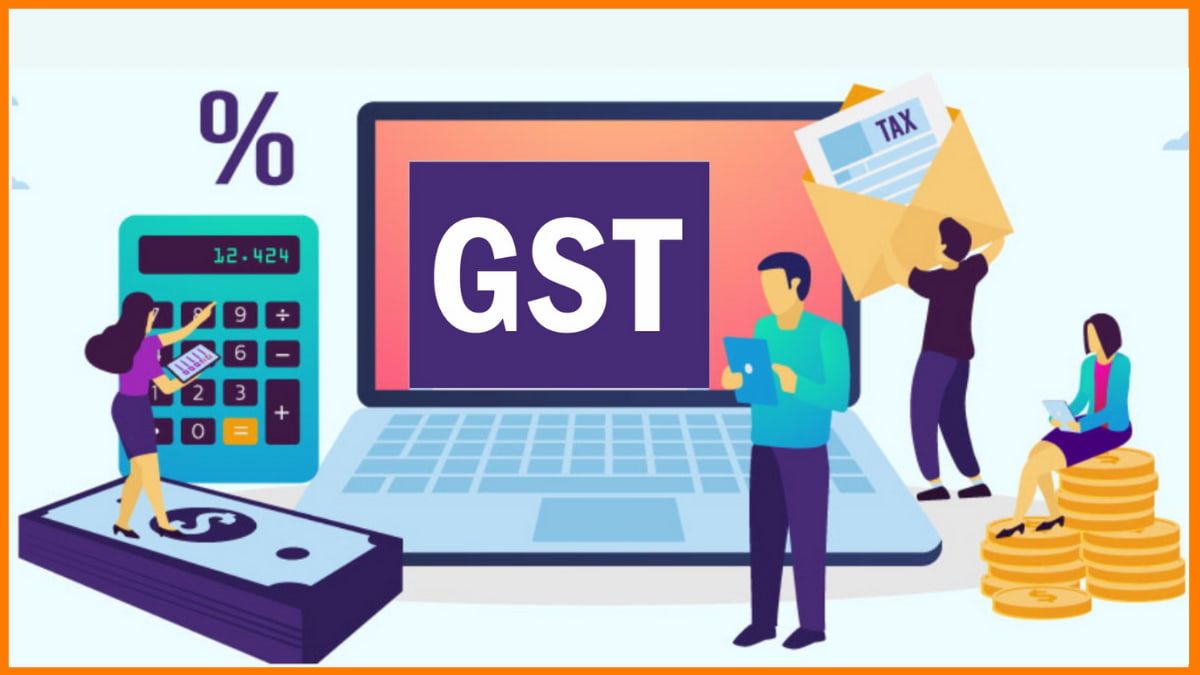Specialist Tips for Selecting the Best GST Registration Services in Singapore
Wiki Article
From Start to Complete: The Ultimate Roadmap to GST Registration for Businesses Looking For Financial Stability
Navigating the complexities of Item and Services Tax (GST) enrollment is an important step for organizations aiming for financial stability. Damaging down the roadmap into workable steps can improve the registration trip for businesses looking to enhance their financial standing.Comprehending GST Fundamentals
Exploring the essential principles of Product and Solutions Tax Obligation (GST) is important for acquiring an extensive understanding of its ramifications on services and the economic situation. GST is a value-added tax levied on many products and solutions for residential intake. It has actually replaced numerous indirect taxes that existed in the pre-GST era, improving the tax obligation framework and improving convenience of doing company in India. Under the GST system, both services and items are exhausted at a specific price, which is established based on their classification. If their yearly turn over exceeds the threshold restriction established by the federal government, organizations are needed to sign up for GST. Input Tax Credit (ITC) is a significant feature of GST, permitting organizations to assert debt for tax obligations paid on inputs, lowering the overall tax problem. Comprehending the fundamentals of GST is essential for organizations to adhere to tax obligation policies, handle their financial resources effectively, and add to the country's economic growth by getting involved in a clear tax obligation system.Qualification Standards for Enrollment
As of the current regulations, the threshold limitation for GST registration is an annual accumulation turnover of 40 lakhs for companies operating within a state, except for unique classification states where the restriction is 20 lakhs. In addition, specific services are needed to sign up for GST regardless of their turnover, such as interstate vendors, casual taxable persons, and organizations responsible to pay tax obligation under the reverse charge device. It is essential for organizations to completely assess their turnover and transaction kinds to establish their GST enrollment responsibilities accurately.Documents Needed for Enrollment
Having satisfied the eligibility requirements for GST enrollment, companies need to now ensure they have the requisite papers in position to continue with the enrollment process successfully. The documents required for GST enrollment commonly include evidence of company constitution, such as collaboration deed, enrollment certificate, or consolidation certificate for different sorts of organizations. Furthermore, companies require to offer documents establishing the primary place of organization, such as a rental agreement or electricity expense. PAN card of the service, in addition to the identification and address proof of promoters/partners/directors, are necessary for verification functions. Financial institution account statements, together with terminated cheques helpful hints or a copy of the bank passbook, are required to verify the monetary details provided during enrollment. In addition, services should have electronic trademarks prepared for the accredited signatory. Making sure all these records are arranged and readily offered will accelerate the GST registration procedure, allowing businesses to comply with tax policies seamlessly.Step-by-Step Enrollment Refine
Beginning the GST registration procedure includes a series of structured actions to guarantee a certified and seamless registration for businesses. The very first step is to try this web-site see the GST website and fill in the registration kind with exact information of the company entity. Following this, the applicant obtains a Temporary Recommendation Number (TRN) which is used to resume the application process if it's not finished in one go.Following, all needed papers according to the checklist supplied by the GST portal requirement to be uploaded. These records normally include evidence of business registration, identity and address proofs of promoters, monetary statements, and service entity's frying pan card.

Post-Registration Compliance Guidelines

Final Thought
In final thought, organizations looking for economic stability has to recognize the fundamentals of GST, meet qualification standards, collect essential files, comply with the step-by-step enrollment process, and abide with post-registration standards - Best GST registration services in Singapore. By adhering to these steps, businesses can guarantee conformity with tax obligation guidelines and maintain economic stability in the futureAdditionally, certain businesses are called for to register for GST regardless of their turn over, such as interstate distributors, informal taxed individuals, and companies liable to pay tax obligation under the reverse cost mechanism.Having actually satisfied the qualification standards for GST enrollment, organizations should now ensure they have the requisite documents in place to proceed with the registration process successfully. The documents needed for GST enrollment commonly consist of evidence of company constitution, such as collaboration act, enrollment certificate, or incorporation certificate for various types of organizations. Additionally, organizations require to give records establishing the principal place of organization, such as a rental agreement or power expense.Starting the GST enrollment procedure involves a series of organized actions to ensure a seamless and certified registration for businesses.
Report this wiki page